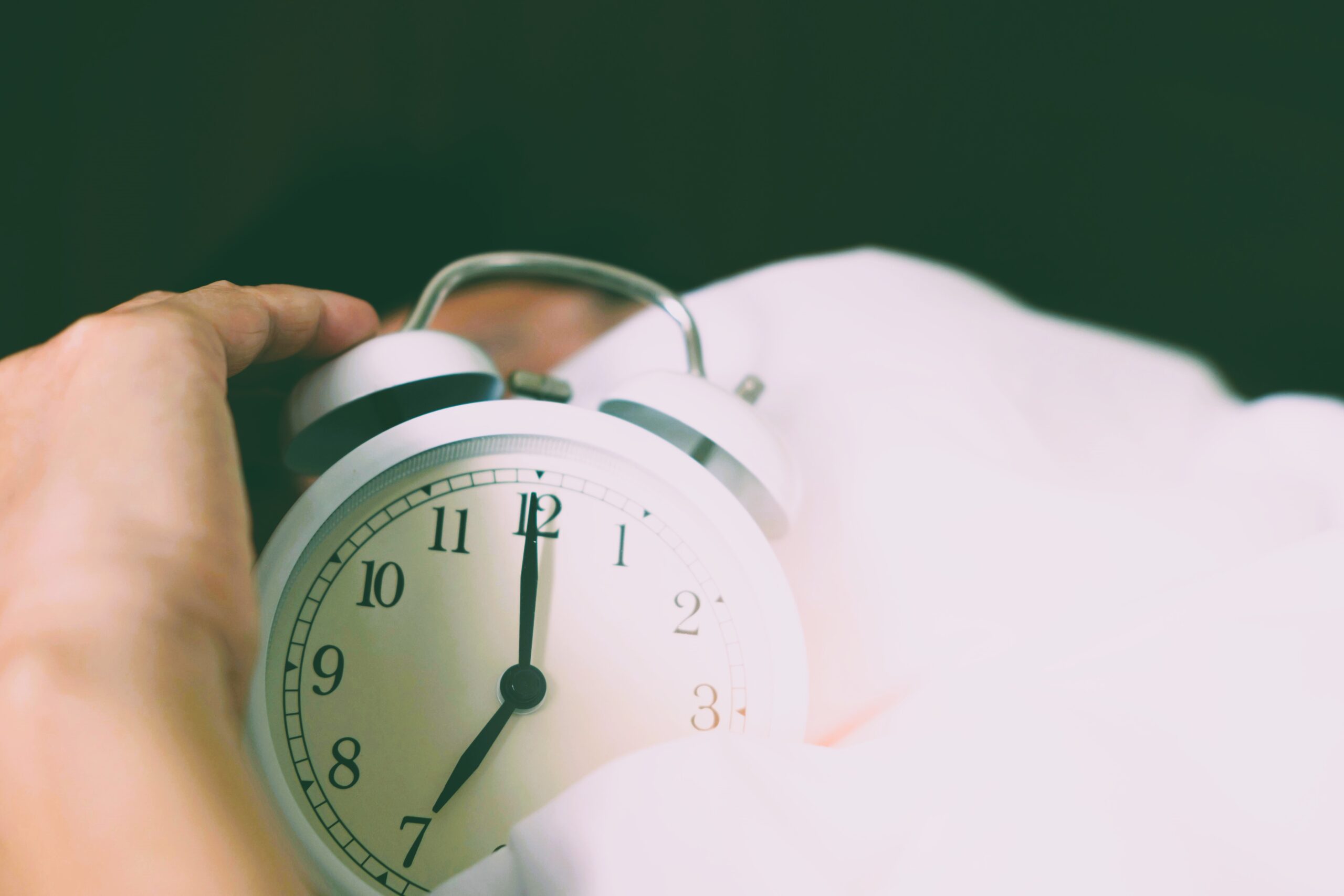Sleep & Productivity
How Sleep Quality Directly Impacts Work Performance and Economic Outcomes
The Science of Sleep & Its Economic Impact
Quality sleep is not just a biological necessity—it’s an economic imperative. Research shows that insufficient sleep costs the U.S. economy over $411 billion annually. This interactive infographic explores the vital connection between sleep quality and productivity, backed by the latest scientific research.
Economic Impact of Poor Sleep
Work & Sleep Connection
Productivity loss from sleep deprivation:
Sleep Cycles & Performance
A typical night includes 4-6 sleep cycles, each lasting about 90 minutes:
Stage 1
Light Sleep
Stage 2
Body Preparation
Stage 3
Deep Sleep
REM
Dreaming
Sleep Quality Across the US
Sleep Quality by State
43%
35%
38%
41%
42%
26%
25%
24%
32%
37%
Sleep Disorders & Productivity
Improving Sleep for Productivity
Key Sources:
- National Center for Biotechnology Information
- Centers for Disease Control and Prevention
- American Academy of Sleep Medicine
- Journal of Clinical Sleep Medicine
- Sleep Foundation Research
Personal Sleep & Productivity Assessment
Discover how your sleep habits impact your daily performance and get personalized recommendations
How Can Sleep Statistics Help You?
Understanding sleep science isn’t just academic – it’s practical knowledge you can use to improve your daily life. By comparing your sleep patterns to research findings, you can identify areas for improvement that may boost your productivity, mood, and overall health.
Personal Sleep Assessment
Why Your Sleep Matters
Your Sleep & Productivity Report
Estimated Productivity Level
Personalized Recommendations
Optimize Your Sleep Environment
Keep your bedroom at 65°F (18°C) for optimal sleep. Use blackout curtains and remove electronic devices to minimize sleep disruptions.
Establish Consistent Sleep Times
Go to bed and wake up at the same time every day, even on weekends. This consistency reinforces your body’s sleep-wake cycle.
Practice Relaxation Techniques
Spend 20 minutes before bed doing relaxing activities like reading, meditation, or light stretching to prepare your body for sleep.
Limit Screen Time Before Bed
Avoid screens for at least 1 hour before bedtime. The blue light suppresses melatonin production, making it harder to fall asleep.
FAQs
How does lack of sleep affect work productivity?
Poor sleep reduces focus, reaction time, and creativity leading to lower performance, more mistakes, and decreased overall output.
What is the ideal amount of sleep for maximum productivity?
Most adults need 7–9 hours of quality sleep per night to maintain cognitive performance, decision-making, and emotional balance at work.
Can improving sleep quality boost job performance and income?
Yes. Studies show well-rested employees are more efficient, miss fewer workdays, and contribute to higher overall economic productivity.
What are the most effective ways to improve sleep quality for better work performance?
Maintain a consistent sleep schedule, reduce screen time before bed, keep a cool and dark room, and avoid caffeine late in the day.
How does sleep deprivation impact the economy?
Sleep loss costs billions annually through reduced productivity, absenteeism, and workplace errors with countries like the U.S. losing over $400 billion yearly.
References
- Hafner, M., Stepanek, M., Taylor, J., Troxel, W. M. & van Stolk, C. (2017) ‘Why Sleep Matters The Economic Costs of Insufficient Sleep’, National Library of Medicine / PMC, (available at: https://pmc.ncbi.nlm.nih.gov/articles/PMC5627640/) [Accessed: 7 August 2025].
- Ramar, K. et al. (2021) ‘An American Academy of Sleep Medicine position statement: Healthy Sleep for Healthy People’, Sleep Medicine, (reproduced in PMC) (available at: https://pmc.ncbi.nlm.nih.gov/articles/PMC8494094/) [3 August 2025].
- Ramos, A. R., Wheaton, A. G. & Johnson, D. A. (2023) ‘Sleep Deprivation, Sleep Disorders, and Chronic Disease’, Preventing Chronic Disease, 20, p. 230197. doi:10.5888/pcd20.230197. (CDC)
- Grandner, M. (2018) ‘Poor sleep at night could mean decreased work productivity in the morning’, American Academy of Sleep Medicine (AASM) (available at: https://aasm.org/poor-sleep-at-night-could-mean-decreased-work-productivity-in-the-morning/) [3 August 2025]. (AASM)
- Sleep Foundation (2025) ‘The Link Between Sleep and Job Performance’, Sleep Foundation (available at: https://www.sleepfoundation.org/sleep-hygiene/good-sleep-and-job-performance) [3 August 2025]. (sleepfoundation.org)
Related Images






